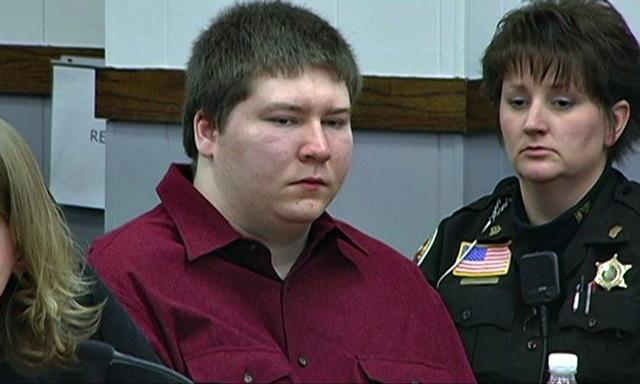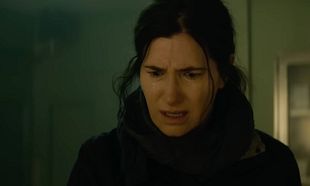Brendan Dassey's confession, which made up a significant portion of Netflix's Making A Murderer's investigation, has now been upheld by a federal court of appeal in Chicago.
As previously reported, Dassey's confession - and subsequent conviction - was overturned by a magistrate judge, and that decision was later upheld by a three-judge panel of the 7th US Circuit Court Of Appeals in June of this year. However, the State of Wisconsin then asked the full 7th Circuit to review the confession, and ruled 4-3 that the confession wasn't coerced.
In the 39-page ruling, it read that "(the) state courts' finding that Dassey's confession was voluntary was not beyond fair debate, but we conclude it was reasonable." In one of the dissenting opinions on the ruling, Judge Ilana Diamond Rovner argued that Dassey's "confession was not voluntary and his conviction should not stand, and yet an impaired teenager has been sentenced to life in prison," calling the whole situation "a profound miscarriage of justice."
Judge Diane Wood agreed with Rovner's opinion, arguing that without Dassey's "involuntary and highly unreliable confession, the case against Dassey was almost nonexistent." The next step now for Dassey is to appeal the case to the Supreme Court, however it hasn't yet been announced that Dassey or his legal team will do so.
Kathleen Zellner, who represents Steven Avery, commented on Twitter last night that while she was "disappointed" about Dassey's decision, she believed the ruling had no effect on Avery's case. Zellner went on, citing a statistic that the Supreme Court reversed the 7th Circuit's decisions a total of 48% of the time.
SCOTUS reverses 7th Cir. 48% of the time if it reviews case. #NotOverYet #MakingaMurderer pic.twitter.com/lcFnwzcODE
— Kathleen Zellner (@ZellnerLaw) December 9, 2017
As it stands, Dassey is now left in legal limbo with no clear timeline as to when - or if - he'll be released.
Via CBS









































































